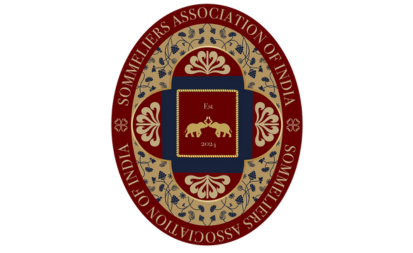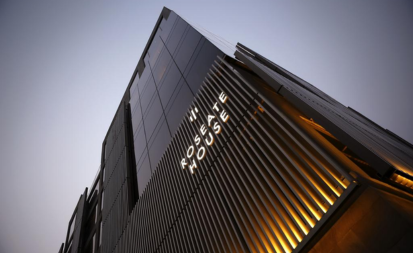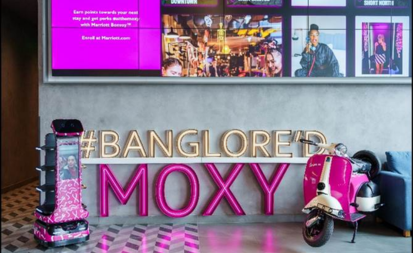Wine Education is Most Important Internally with the Staff as these are at the Forefront of Selling Wine and Making Recommendations
Noel Mendes, Food & Beverage Manager, Four Seasons Hotel Mumbai Major factors behind the growth of Wine tourism in India The 'escapism' component - from the hectic lifestyle of the city people have been exploring stays

Noel Mendes, Food & Beverage Manager, Four Seasons Hotel Mumbai
Major factors behind the growth of Wine tourism in India
The ‘escapism’ component – from the hectic lifestyle of the city people have been exploring stays at vineyards which offer a country lifestyle and the weekend getaways at the vineyard have exponentially promoted wine tourism. Sula with its famous and successful Sula Fest was the pioneer to bring people to vineyards to promote their wine and offer a unique experience. Many hotel companies are now opening hotels in partnership with the wineries to promote wine tourism.
How has the placement/ demand of wine in hotels changed over time?
After the pandemic, we have seen certain changes in demand for wine. At home, people were drinking less but drinking well. This led to consumers buying better quality wine than before. The style of wine consumed has changed, it was France and Italy as the big two countries but now the demand has shifted to what we call New World Wines – Argentina, Chile, South Africa, and Australia. These new world countries make more fruit-forward style wines which is attractive to the new generation of wine drinkers.
Wine has become an essential part of the menu in today’s dining experience. What are the key factors in managing and serving the diners’ wine options?
The diners these days are well traveled and even though wine drinking is at a nascent stage in India the exposure through travel and social media is immense. Factors that contribute to the sale:
– The kind of clientele the hotel or restaurant caters to – it’s important to realise what kind of wine drinkers are visiting your establishment and make the wine list according. For eg, wine options would be different for a specialty restaurant than a more all-day cafe and different for a Bar.
– Price Points: It is essential to have options at different price points; we keep an Italian Chianti at two different price points. One affordable and one premium so that at every price it’s an option. Same with most other regions as well. The idea is to make the wine more approachable. If only expensive wines are kept the customers will never explore and the first place for them to explore is hotels and restaurants
– More by-the-glass options – By giving more by-the-glass options we are allowing more access to customers to try out different types of wines and this is how even the customer evolves.
– Training of the staff – Wine education is most important internally with the staff as these are at the forefront of selling wine and making recommendations. If the staff is confident and knowledgeable the guests tend to take their advice. Having an on-floor sommelier always helps
According to you, how has the wine industry evolved in terms of supply as well as customer demand? How has it been impactful for your brand?
Earlier we had very limited options in wine. Now it is so extensive that we are spoiled for choices. Along with the customers our industry has evolved and is importing different and unusual styles of wines to test the market. The new generation of wine drinkers is more experimental with the choices we have and do not like to stick to one style or country. The trends nowadays don’t last for very long, so we also adapt to them. More choices mean more options and experiments for us as well as the customer, being a wine-focused hotel, we have always had an extensive list of wines and we put a very strong emphasis on training the staff which is done by brand ambassadors, winemakers, and our suppliers. We also do many wine-focused dinners and consumer tastings. All these factors have given us a reputation as a wine-driven hotel, and it keeps bringing our customers back for the experience we provide.
—
 English
English French
French German
German Italian
Italian




